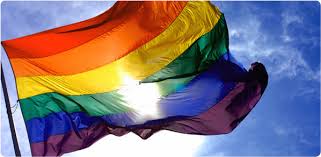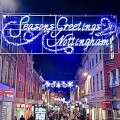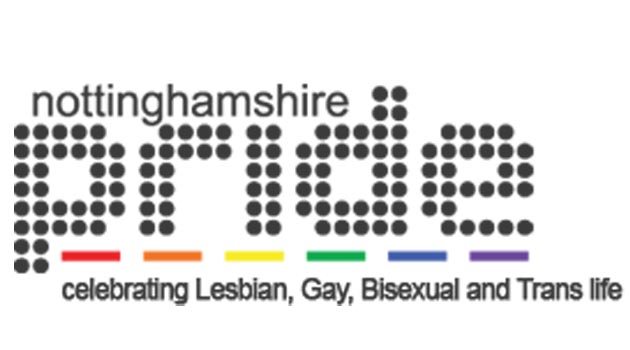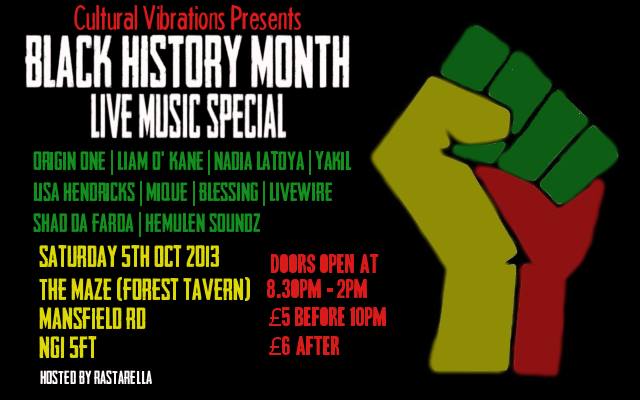For centuries LGBTQ individuals have had to live on the fringes of society. Persecuted as perverts, classed as lesser citizens, and with their presence came a considered threat to the “Natural order of Society”. The state had played a huge part in repressing and controlling the lives of Gay and Bisexual people and with that came the heavy handed tactics to eradicate its existence.The Police would set up honey traps to catch homosexual activity. Imagine living in a Society where being the real you could land you with a criminal record aswell as imprisonment. And in many cases there was the barbaric use of aversion therapy treatment.Being caught or outedaffected thelives and careers of so many. The Police didn’t care what background you came from, their need to expose “Debauchery” was their main aim. There was also the added threat of being shunned by your neighbours, friends, and family. Society’s refusal to understand brought about high levels of negative fear.
The National Archives state that although male homosexuality was a criminal offence, Female homosexuality was not officially criminalised, but it was still considered abnormal and swept under the shagpile. Gays, Lesbians and Bisexuals lived in constant fear of being attacked or outed, they had no legal rights or support.
In 1967 a huge breakthrough was made in the UK, and the law against Homosexuality was abolished. The Sexual Offences Act legalised sex between males, however the act had to be between 2 males, and both had to be over the age of 21. In 1994 the age for gay sex was lowered to 18, and in 2001 an even bigger breakthrough came lowering that age to 16. And for the first time in British Law Lesbian sex was mentioned and given a restriction of 16 too.
But with the earlier law changes in 1967 came a rapid need for LGBT groups to be created within Cities, and Nottingham was no exception. There was a great desire to be counted, to be seen, and more importantly be heard.
Before the age of the internet, and mobile phones, LGBTQ folks relied heavily on word of mouth about bars and clubs to visit, groups to take part in, and more significant publications that circulated.
In the early 1970s,Nottingham saw the emergence of two organisations that attempted to improve avenues of support and socialisation for Gays and Lesbians. They were the Gay Liberation Front (GLF) and the Campaign for Homosexual Equality (CHE). What we have to remember is that although Homosexuality had been decriminalised, the attitudes within society still remained both negative and homophobic. There was still a long way to go in gaining levels of acceptance and equality.
The Nottingham CHE group (the third of its kind in the Country) gained major momentum and helped start the first local Gay club in Nottingham (it defined more as a group than a club but remained prominent nonetheless). With more and more people contacting the group, it made it a more viable place, and a committee was set up allowing for the possibility of more ongoing meetings. The meetings attempted to address many issues that faced the growing community and one being the lack of local social facilities. Although it was a campaign group, it existed more as a social space for those looking for a place to belong and meet likeminded people who they could relate to.
Due to the lack of LGBT social groups throughout the UK it was well known that many people travelled far and wide to Nottingham to take part in meetings and events, as Nottingham was becoming pretty well provided for in comparison to other Cities in the East Midlands.
As CHE grew as a social space and a point of contact, it became apparent that more and more people were contacting the group as they felt isolated within their own communities, some were finding it hard to come to terms with their sexuality, and many were still being victimised and harassed due to their Homosexuality. CHE was also an invaluable point of contact for local Women’s Groups, Colleges, Universities, The Probation Service, and The Samaritans. This helped more people understand how to approach issues being faced by the LGBT community.
CHE functioned on four specific levels: Campaigning, providing social facilities, Education and information, and Counselling. Although the counselling would be described as being more of a sympathetic ear to listen to.But it still served a major purpose as there hadn’t been a facility like it to exist before.
In 1976 CHE was given its own 15 minute slot on Radio Nottingham to spread the word aboutwhat they had to offer a growing and more visible community. Radio Nottingham had served as a paramount element of the media, reaching those more isolated individuals in need of a point of contact. CHE members had featured quite regularly on phone insetc before the slot was given, so it was a natural process for a show to be created. Huge breakthroughs were constantly being made.
Although CHE was becoming majorly well known in and around Nottingham, The Nottingham Evening Post still refused to run ads promoting the group, but smaller publications took on the taskand in doing so a wider area of isolation was reached each and every week.
If a group such as CHE hadn’t existed, not only for the residents of Nottingham but those further afield too, I don’t think we would have the presence and acceptance we are able to embrace today. Those responsible for fighting the cause and giving people a voice in the early days; put Nottingham firmly on the LGBT map. As a City today we are constantly thankful for the ongoing groups created to support an ever growing community from teenagers through to older generations. It appears that every sub culture within the LGBT community is being rapidly catered for. No one should ever feel alone.
Claire Broughton




